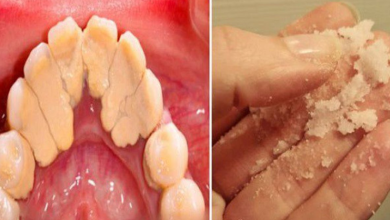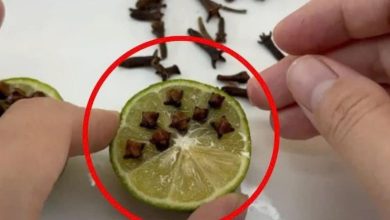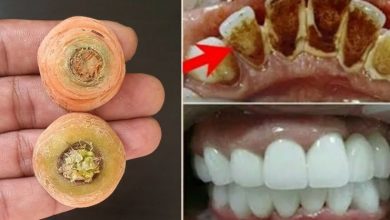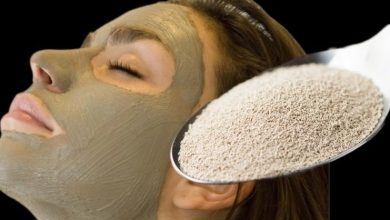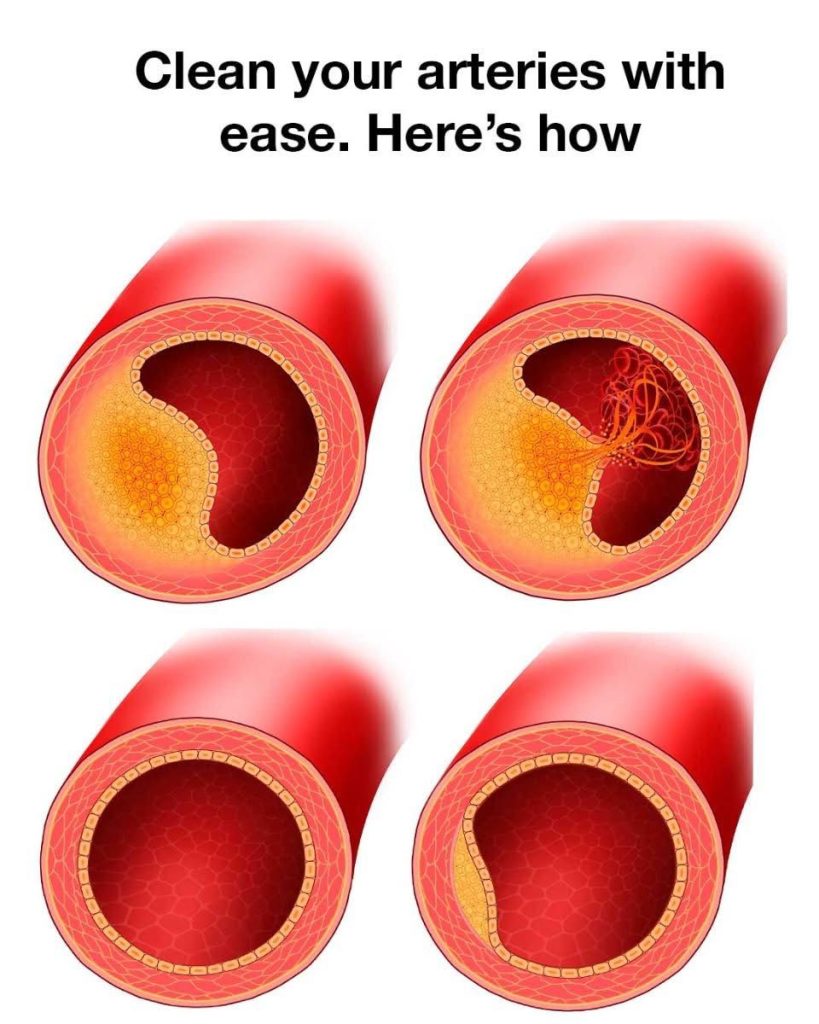
My dad recently got his blood test results, and they weren’t what he hoped for—high cholesterol. Combined with his already high blood pressure, this increases his risk of clogged arteries.
Arteries transport oxygen-rich blood from the heart to the body, but when they become clogged—a condition called atherosclerosis—it can lead to strokes, heart attacks, and other cardiovascular diseases.
In the U.S., heart disease is the leading cause of death, taking about 600,000 lives yearly. It’s a silent killer, often showing no symptoms until it’s too late.
Symptoms of Blocked Arteries
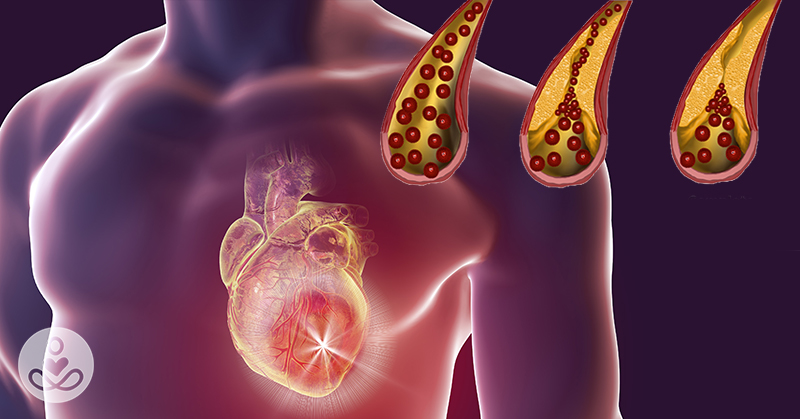
The symptoms of clogged arteries depend on which arteries are affected:
- Carotid arteries (Brain): Signs of a stroke, including dizziness, confusion, speech problems, blurry vision, weakness, severe headache, or loss of balance.
- Coronary arteries (Heart): Chest pain (angina), shortness of breath, irregular heartbeat, and pain spreading to the jaw, neck, shoulders, or back.
- Renal arteries (Kidneys): No early symptoms, but later stages may cause high blood pressure, nausea, fatigue, swelling, and kidney failure.
- Peripheral arteries (Limbs & Pelvis): Pain, numbness, or infections in the legs, arms, or pelvis due to reduced blood flow.
What Causes Artery Blockage?
Artery blockage, or atherosclerosis, occurs when arteries harden, thicken, and narrow due to plaque buildup. This buildup consists of fat, cholesterol (especially LDL), calcium, and cellular waste.
Key factors that damage artery walls include:
- Oxidative stress (from toxins and free radicals)
- Vitamin C deficiency (weakening arterial integrity)
- Smoking, high blood pressure, diabetes, and insulin resistance
- Poor diet (high in sugar, processed starches, and unhealthy fats)
- Lack of exercise and obesity
Other contributors include chronic inflammation, heavy metal exposure, and genetic predisposition.
10 Natural Foods to Help Prevent Clogged Arteries
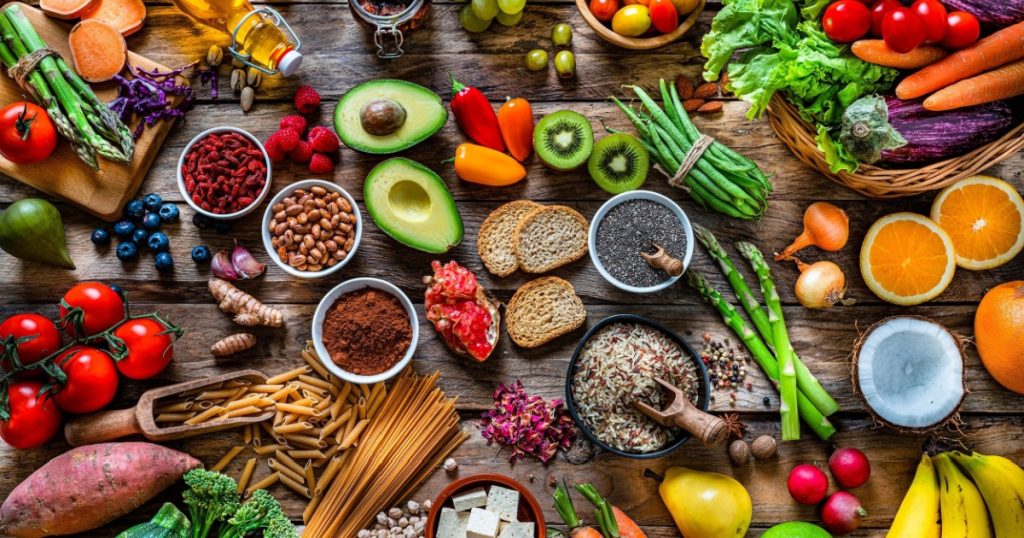
Your doctor might recommend cholesterol-lowering medications such as statins or prescribe beta-blockers to manage blood pressure. While these drugs can help slow down plaque buildup, they often come with significant side effects. Fortunately, several well-researched foods can naturally help keep arteries clear:
- Turmeric (Curcumin) – Lowers LDL cholesterol and reduces plaque buildup. Studies show it’s more effective than some statins.
- Garlic – Lowers blood pressure, reduces plaque, and acts as a natural blood thinner. Research suggests it cuts stroke and heart attack risk by over 50%.
- Ginger – Contains shogaols and gingerols, which reduce cholesterol and prevent artery-clogging.
- Cayenne Pepper – Capsaicin helps lower LDL cholesterol, improve circulation, and reduce heart attack risk.
- Lemon – High in vitamin C, it strengthens arteries, reduces cholesterol, and prevents oxidative damage.
- Cinnamon – Lowers glucose, triglycerides, and LDL cholesterol, especially beneficial for diabetics.
- Flaxseed – Rich in fiber and omega-3s, it reduces inflammation and blood pressure, preventing clogged arteries.
- Fermented Cabbage (Kimchi) – Contains compounds that slow atherosclerosis and degrade harmful toxins.
- Sesame Seeds – Help prevent artery blockage by lowering cholesterol, triglycerides, and LDL levels.
- Pomegranate Juice – High in antioxidants, it slows plaque formation and supports heart health.
Other Natural Remedies for Clogged Arteries
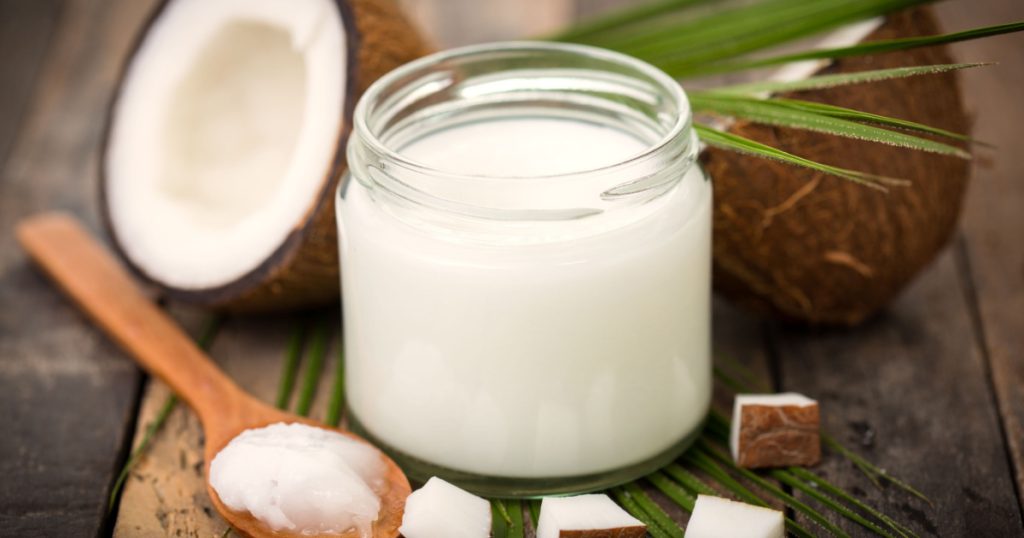
Certain foods help maintain clear arteries, including asparagus, avocado, broccoli, chia seeds, fenugreek seeds, and coconut oil. Key nutrients for cardiovascular support include B vitamins (B6, B12, folic acid, choline), antioxidants (vitamins C, E, lutein, zeaxanthin), and supplements like fish oil, CoQ10, magnesium, and resveratrol.
Regular exercise—such as yoga, tai chi, walking, or running—is also crucial. Aim for 30 minutes a day, five times a week, to promote heart health.
Disclaimer: Consult a doctor before taking supplements, especially if on blood thinners. This information is for educational purposes only and not a substitute for medical advice.




